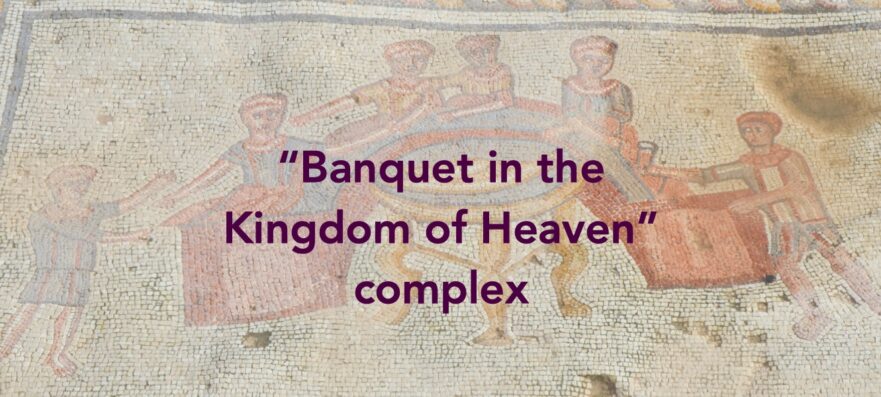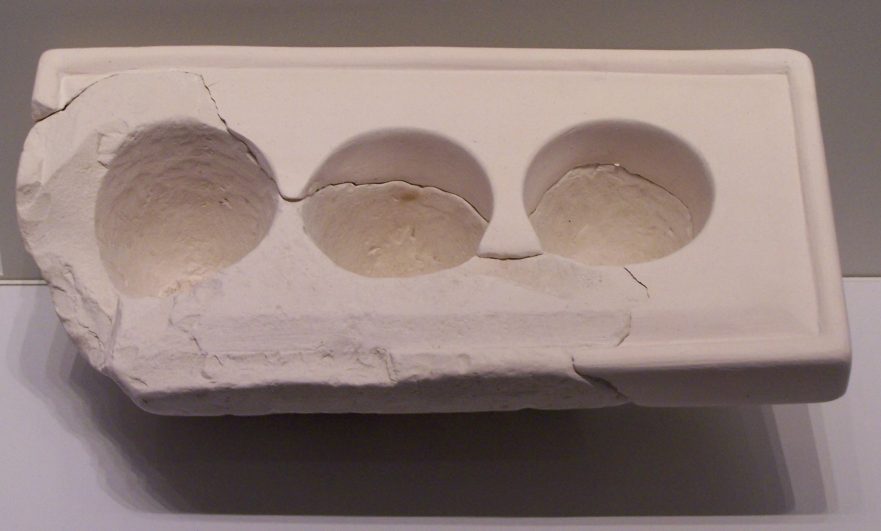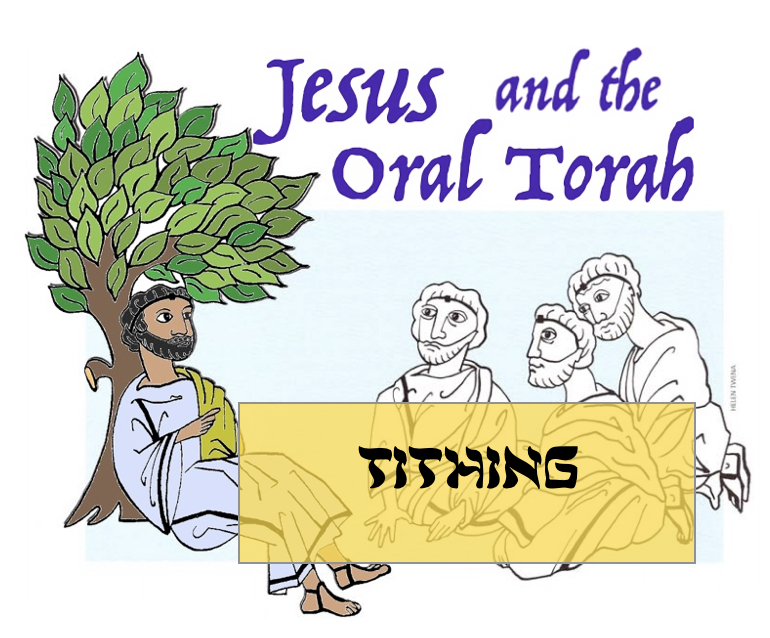The Gospels describe Jesus and his followers as keeping halakha to a relatively high extent; they were a group to whom the law was important.
“Banquet in the Kingdom of Heaven” complex

How commitment to social justice in this world determines one’s place at the messianic banquet in the world to come.
The Historical Jesus, a Tanna? Charity and Deeds of Loving-Kindness in the Gospels and Early Rabbinic Thought

When nearly precise rabbinic parallels to stories and sayings in the Gospels exist, it may indicate that the Gospels are preserving traditions of the early Jesus movement and, perhaps, the historical Jesus.
Notes on the New Testament as a Witness for Broader Jewish Patterns in Jesus’ Times

This essay probes a number of Matthean and Lukan contributions to the shared Synoptic narrative, in search of possible reflections of contemporaneous Jewish customs and beliefs with broader circulation.
“Treasure in Heaven”: Examining an Ancient Idiom for Charity

The growing value placed on charity in the first century C.E. cannot be overstated. As a new sensitivity developed within Judaism that challenged the compensatory “blessings and curses” paradigm of the Hebrew Bible (cf. Deut. 28) as a basis to serve God, so there was a shifting emphasis towards altruistic love embodied in the Levitical commandment, “…and you shall love your neighbor as yourself (וְאָהַבְתָּ לְרֵעֲךָ כָּמוֹךָ אֲנִי יי; Lev. 19:18).”
Treasures in Heaven

What is the relationship between the preaching of Jonah and putting a lamp on a lampstand? The prophet Jonah in classical Jewish thought calls to mind repentance. In Rabbinic literature we read that many prophets were sent to Jerusalem and the people did not listen, but to Nineveh one prophet was sent, and the people repented.
Where Little Ones Splash: The Hebrew Roots Movement

The Hebrew Roots Movement has more to offer than merely rediscovering the biblical feasts and referring to New Testament personalities by their Hebrew names.
Measure For Measure

Some of the things Jesus emphasized in his teachings stand as strong warnings to those who belong to the community of faith. Jesus made statements about not lapsing into prideful judgmentalism, and becoming centripetal in one’s thinking. Jesus taught that our attitude toward other people—outsiders, even sinners—must be like God’s.
Jesus’ Sabbath Dispute with Pharisees in a Cornfield

The debate between Jesus and the Pharisees about plucking and eating corn did not concern labour on the Sabbath but concerned eating food which was allowed only to priests.
Are Christians Supposed to Tithe?

If Jesus censured the Pharisees for loading burdens upon the people that they could not bear, would he not censure today’s pastors for doing the same thing?
Don’t Throw Away That Piece of Bread!

The importance of sharing one’s bread with the poor has remained in the Jewish consciousness until today.
The Best Long-term Investment—Making Loans to God

In our day, the 20th-century disciple of Jesus feels the challenge of his call to lay up treasure in heaven more than ever. In the face of an emerging global society drunken with consumerism and materialism, Jesus’ words shatter the silence: “You cannot serve God and mammon!”
Jesus and the Oral Torah: Tithing

Did Jesus observe the commandment to tithe as it was interpreted in the Oral Torah?

